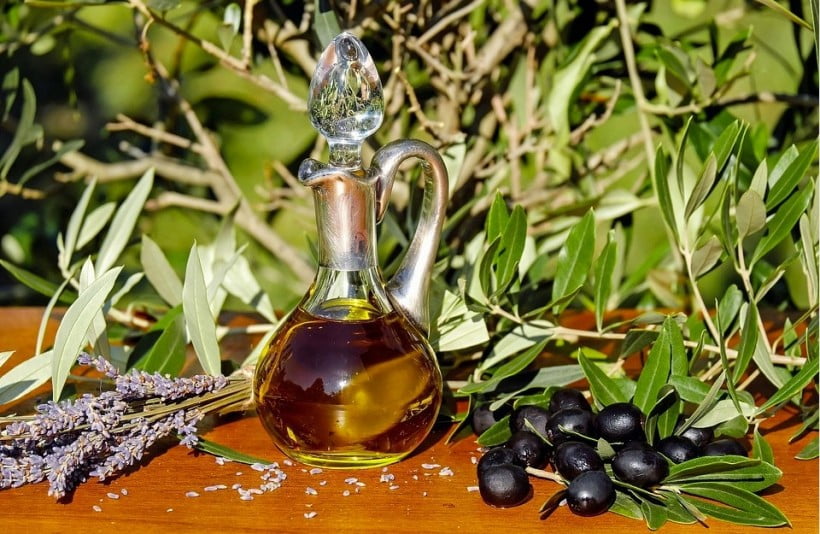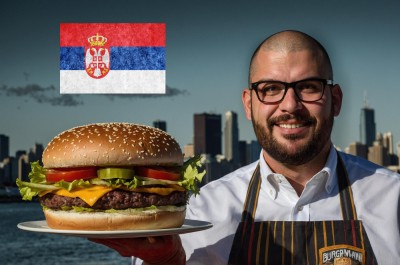Analyzing the top 4 cooking oils: Assessing their health benefits and smoke points
Warning: Undefined variable $post in /home/dietofli/public_html/wp-content/plugins/code-snippets/php/snippet-ops.php(584) : eval()'d code on line 3
Warning: Attempt to read property "ID" on null in /home/dietofli/public_html/wp-content/plugins/code-snippets/php/snippet-ops.php(584) : eval()'d code on line 3
The estimated reading time is 4 minutes
Warning: Undefined variable $post in /home/dietofli/public_html/wp-content/plugins/oxygen/component-framework/components/classes/code-block.class.php(115) : eval()'d code on line 3
Warning: Attempt to read property "ID" on null in /home/dietofli/public_html/wp-content/plugins/oxygen/component-framework/components/classes/code-block.class.php(115) : eval()'d code on line 3

Who doesn’t love deep-fried chicken or pan-seared tuna? Both the foods have an essential cooking element, and that is cooking oil. Cooking oils are widely used in almost every technique ranging from roasting to frying. You will find many recipes in which the specific oils are written. However, to enjoy a delicious meal, you can experiment with different cooking oils.
Choosing the best cooking oil can be quite tricky. You have to check and compare the smoke points and then match the calorie count according to your diet. This article provides a complete overview of the health benefits and smoke points of some common cooking oils. The top 4 cooking oils with their respective smoke points and health benefits are:
Extra-virgin olive oil
Extra virgin olive oil is one of the most versatile, and well-known cooking oil. Due to its variable fat content and numerous health benefits, it is one of the most widely used oils in the whole world. Apart from the versatile fats, EVOO includes heart-healthy fats and antioxidants that prevent any kind of cancer due to excessive use.
Frequent consumption of olive oil aids the bones by increasing bone mineral density. Some people eleven believe that by applying warm olive oil over a bump on the feet, you can cure conditions like a tailor’s bunion. In truth, this isn’t possible, but olive oil is still a fascinating substance all the same.
The presence of such healthy fats makes EEVO quite helpful for your body as it retains its qualities while cooking. It includes beneficial antioxidants that make an excellent choice for cooking.
It is excellent for high heating processes. EEVO performs well in both the categories that are essential for cooking oils: smoke point and oxidative stability. However, due to the low smoke point, it is not recommended to use EVOO for cooking above 375oF.
Canola and similar vegetable oils
The "can" in canola refers to Canada because it was processed in Manitoba during the 1970s. But since then, you can find canola oil on almost every kitchen shelf. The oil is extracted from rapeseed plants. Certain vegetable oils are derived from a related blend of vegetables. Sunflower and soybean are some common vegetable oils.
Almost every vegetable oil (including canola) has a medium smoke point that is 400oF. Due to this medium-high smoke point, these oils are best for frying, stir-frying, baking, and grilling.
Avocado oil
Avocado oil consists of mono-saturated fats that are both healthy and nutritious. With the highest known smoke point of 520oF, this oil is best for roasting, searing, and grilling. You may use unrefined avocado oil for frying as it has a smoke point of 480oF.
However, while choosing the perfect version of avocado oil, go for the refined one. Due to the high smoke point, you can experience the desired shiny texture on food.
Peanut oil
Do not be shocked to find peanut oil in Asian cuisines. Thai and Chinese restaurants use excessive peanut oil in cooking delicious and nutritious foods. Due to a heavy-smoke point of 450oF, you can cook the food at extreme temperatures. Specifically, peanut oils are used in stir-frying foods. The food industry throughout the whole world uses this specific type in large batch frying of chicken and French fries.
You can also use unrefined peanut oil. Due to its low smoke point of 320oF, you can use it for dressings. You can also marinate the food with this unrefined peanut oil for extra flavor and taste.
The bottom line
The bottom line is that after evaluating the healthy benefits and smoke points, you can use any of the mentioned cooking oils in the next recipe and prepare an aromatic and delicious meal.














